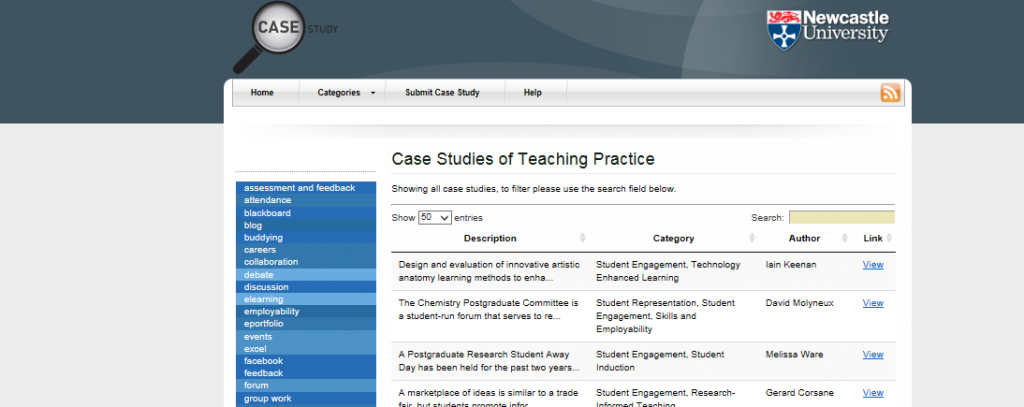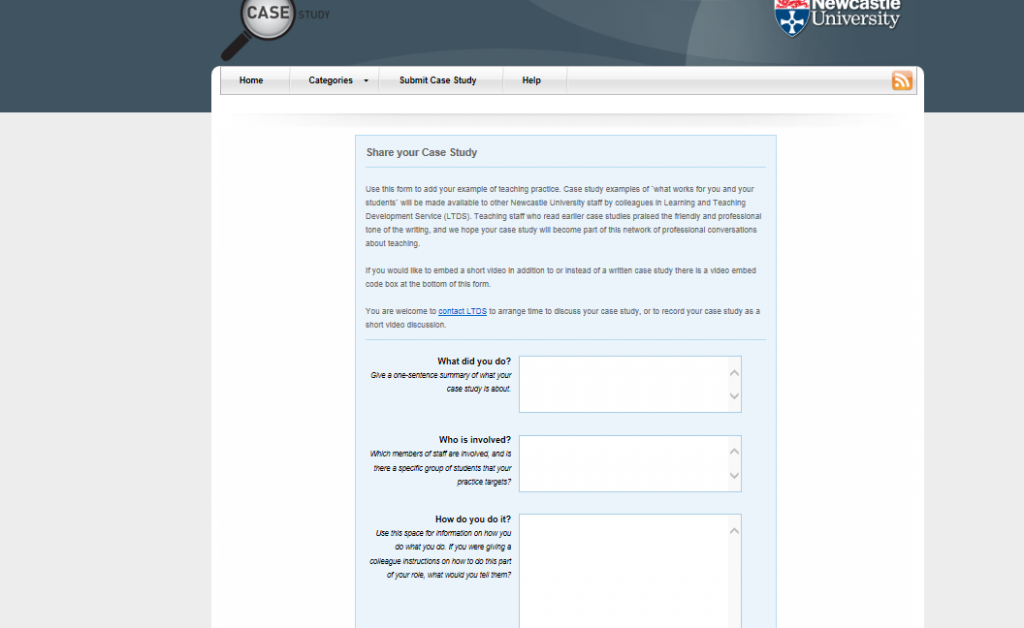A recent DELT Forum was a great impetus for collecting some new examples of what works with online/blended learning here at Newcastle University as the current situation has meant that lots of colleagues have been doing lots of really great stuff to make student learning experiences rich and meaningful.

There are 9 new case studies to explore right now and more to come soon at the case studies site.
A team drawn from LTDS and FMS TEL drew together examples of effective practice in action on three themes:
- Supporting and promoting a sense of community for students in online environments.
- Providing pathways for students through online modules/programmes to help them structure their studies and learning.
- Achieving, promoting and maintaining student engagement with online learning.
The slide deck from this event is available to all Newcastle University staff.
It contains examples from all three Faculties together with supporting resources and pointers to more developed case studies and contact details for colleagues.
If you have something you’d like to share please let us know by emailing ltds@ncl.ac.uk and we will get back to you.




